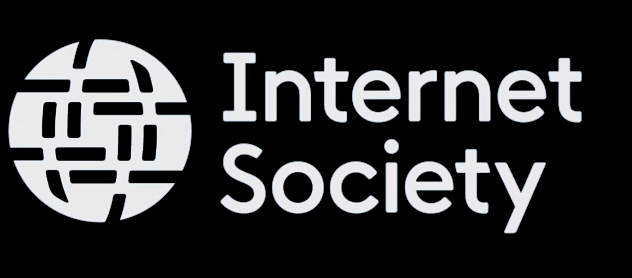Surya Mattu

Surya Mattu is an artist and engineer critical of the public perception and access to wireless spectrums. He is a 2015 Data and Society fellow where his research is focused on the technology and politics surrounding the radio frequency spectrum
Workshop with Ingrid Burrington and Dan Phiffer
Digital Literacy is a Trap: Workshopping Approaches to Network Pedagogy
How did you learn about how networks work? How did you learn to use the internet? Why did you want to use the internet? How did you learn that the internet was probably using you?
Chances are, very few people who read this session description will have the same answers for any of these questions. In the US at least, education about the deeper, persnickety parts of "how the internet works" isn't particularly standardized and encompasses so many different ideas and approaches that it's hard to know where exactly to start, which means that what publics learn about networks/the internet and where and how they learn it varies really widely.
A lot of it––especially the more politically contentious parts––isn't really taught at all, despite the amount of hype and money currently being thrown at STEM and digital literacy initiatives, because it's deemed "impractical" to the larger project of digital literacy. As a result, many efforts toward education in these spaces reduce down to either training individuals to be effective consumers of online content or misleading individuals into thinking that knowing how to code is agency itself. If we really want to see alternative platforms, networks, tools, and voices, we need to radically rethink how this material gets taught and why, exactly, we're teaching it.
This session will start with short presentations on two separate projects that both involved teaching young adults. We'll share what we did, what worked, what didn't, and questions we're still working through moving forward. Then, as a group, discuss and collaboratively map out some of the different ideological positions behind teaching people about networks, the tactics that we've found useful in the past, and some of the hard questions we're working through. This session is specifically aimed at educators and activists working on these topics with the hope of coordinating more efforts toward getting educators across this space to work more regularly with each other.



